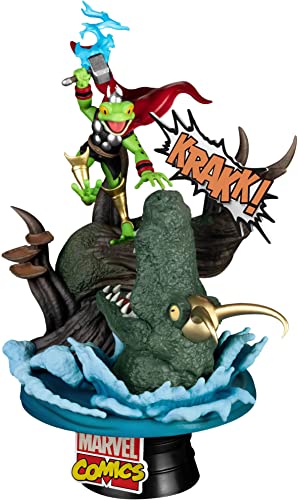I avoid the political talk in here like the plague, especially since all the CM threads have had to be cleaned so many times it's starting to feel like a Men in Black memory clicker thing, but this is just meant as a broad rhetorical point: Taking the Devil's Advocate position to decide whether there's an intrinsic problem with a statement (like what Brie said) is fair in theory, but to do so divorced from the context of the statement is to ignore the actual reasons why someone might have a problem with that statement. Reading a single sentence without knowing what it was in response to or where it came from of course is open to being interpreted multiple ways positive and negative, because language is so mutable. So, yes, if we know nothing about context, then any given statement that seems to even remotely exclude someone might and should cause people to raise their eyebrows, and that's reasonable as a gut reaction, but not beyond that; if those raised eyebrows don't lead to research to understand the context, then there's a problem. But if one feels justified in their initial anger at a context-less statement (and I say this as someone who has known the feeling before), it can be tempting to not seek further understanding.
I'd feel bad if I didn't also have a kernel of figure-relevant stuff: The series may well be leading toward a Secret Invasion movie, I hope as an Avengers entry, but they're missing several important characters that mean they'd have to move the pieces around more to make it fit in a movie. I've wondered if Captain Marvel could sort of fill the role that Spider-Woman plays in that comic story; it would be a good way to address her power level again and keep her from being the equivalent of Superman in the Justice League movie.


















